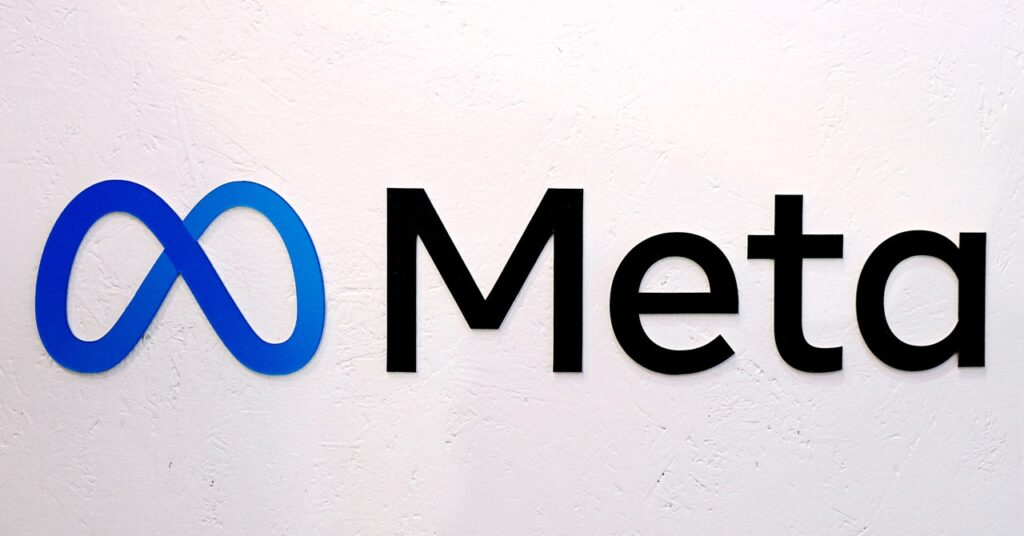Meta Triumphs in High-Stakes AI Copyright Lawsuit—But There’s a Twist

Proponents of the view that AI training is revolutionary still regard Chhabria’s decision as favorable. “Judge Chhabria ruled today that training generative AI models on copyrighted materials is evidently transformative, and in the absence of demonstrable market harm, falls under fair use,” states Adam Eisgrau, senior director of AI, Creativity, and Copyright Policy at the tech industry group Chamber of Progress. “He wasn’t entirely comfortable reaching that conclusion for reasons he elaborates on, which, particularly regarding market harm, are completely misaligned with established fair-use precedents. Market dilution is nonsense.”
However, that’s the nuance. Chhabria emphasized that his ruling was contingent on the specific facts of this case—leaving room for other authors to pursue legal action against Meta for copyright infringement in the future: “In many instances, it will be illegal to replicate copyright-protected works to train generative AI models without authorization,” he noted. “This implies that companies will generally need to compensate copyright holders for the rights to use their materials to avert liability for copyright infringement.”
“At a glance, this appears to be a victory for the AI sector,” remarks Matthew Sag, a law and artificial intelligence professor at Emory University, pointing out that Meta indeed garnered a success with Chhabria’s acknowledgement that training AI models is transformative. “Nonetheless, the court takes the notion seriously that AI models trained on plaintiffs’ works could ‘overwhelm the market with a limitless supply of images, songs, articles, books, and more,’ potentially damaging the market for original creations. He seems to regard this more seriously than the plaintiffs did, considering they provided no evidence on the matter. I’ve never seen a ruling where a judge expressed disappointment over the plaintiffs’ failure to present their case quite like this.”
“The court ruled that AI companies that ‘incorporate copyright-protected works into their models without obtaining consent from the copyright holders or compensating them’ are generally infringing the law,” stated the plaintiffs’ attorneys at Boies Schiller Flexner. “Yet, despite the indisputable evidence of Meta’s unparalleled copyright infringement, the court ruled in favor of Meta. We respectfully disagree with that finding.”
Meta’s representatives reacted positively. “We appreciate today’s ruling from the Court,” Meta spokesperson Thomas Richards said in a statement. “Open-source AI models are driving transformative innovations, productivity, and creativity for individuals and businesses, and the fair use of copyright materials is a crucial legal framework for developing this transformative technology.”
Other plaintiffs in AI-related cases are closely monitoring the outcome. “We’re disappointed in the decision, but only to an extent,” remarked Mary Rasenberger, CEO of the Author’s Guild, which is pursuing its own copyright infringement case against OpenAI, noting that Chhabria maintained a deliberately narrow ruling.
“In the broader context, the implications of this ruling are restricted. This isn’t a class action, so the decision only influences the rights of these 13 authors—not the many others whose works Meta utilized to train its models,” Chhabria wrote. “And, as should now be evident, this ruling does not support the notion that Meta’s usage of copyrighted materials for training its language models is lawful.”
